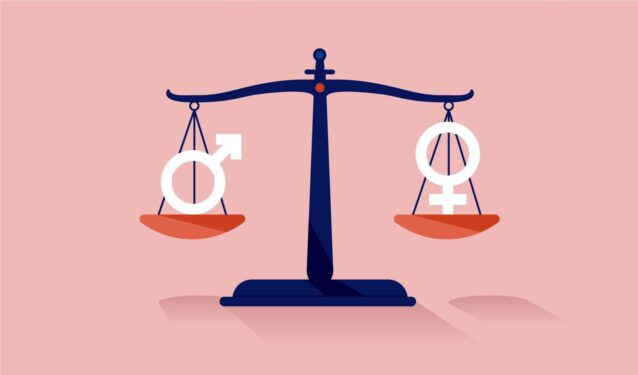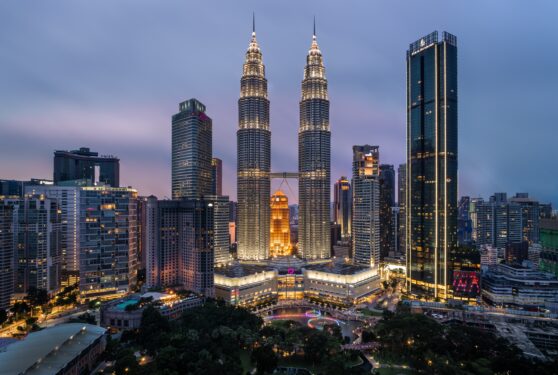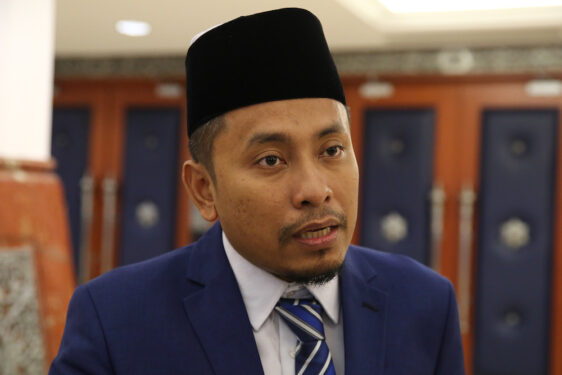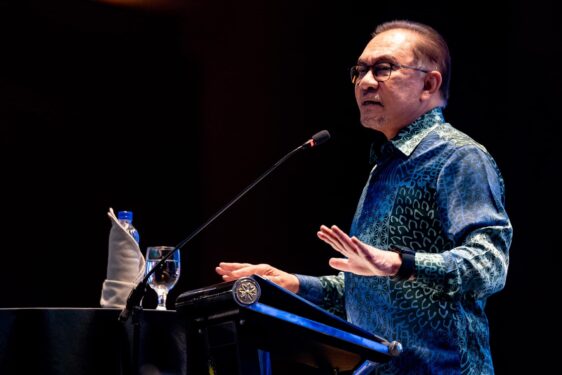THE DOCTRINE of gender equality is not only a cardinal cornerstone of human rights but a huge step forward from the ancient era. The doctrine ensures that everyone enjoys the same privileges and treatment in political, economic, social, education and health aspects, regardless of one’s gender.
However, the recent Court of Appeal judgement which overturned the landmark High Court’s decision that Malaysian women have the same rights as men to confer citizenship on their children has dismantled the crescendo development of such fundamental rights in Malaysia.
By interpreting our Federal Constitution literally, the majority of the Court of Appeal ruled that the word “father” in Section 1(b) and 1(c) of Part II of the Second Schedule of the Federal Constitution refer to only the biological father. In other words, it does not extend to include the mother or both parents.
Article 8 of the constitution highlights the general idea of equality before the law, while the presence of the word “gender” in Article 8(2) further enshrines that the doctrine of gender equality is recognised by the supreme law of the land.
Granted, this word did not originally exist in the constitution; it was only introduced much later through a constitutional amendment to manifest Malaysia’s obligation under the Convention on the Elimination of All Forms of Discrimination against Women (CEDAW).
Clearly, Article 8(2), which restrains any discrimination that exists due to one’s gender, demonstrates the rising societal awareness among Malaysians in standing against women’s discrimination in today’s 21st century of modernisation.
However, it is notable that Parliament has made no attempt to amend Article 14 nor Part II to the Second Schedule of the constitution, which confers only Malaysian men the privilege of passing on their nationality to their children.
It is abundantly clear that a conflict occurs between Article 8(2) and Article 14 of the constitution. Thus, a thorny question arises: which constitutional provision shall prevail?
Shall we acknowledge the rights of women and thereby grant citizenship rights to them on an equal basis with men, or should we follow Article 14 strictly since it is expressly stated in the constitution?
“Harmonious construction”
To answer this, we first look at the Federal Court case of Loh Kooi Choon v Government of Malaysia. In this case, the rule of harmonious construction was remarkably introduced, outlining that each and every constitutional provision must be construed in a way that is as harmonious as possible with the other parts of the constitution.
The rule also stipulates that a constitutional provision shall not be read in isolation and the supreme law cannot be said to be at variance with itself.
The Federal Court further affirmed this rule in Phang Chin Hock v Public Prosecutor, holding that so long as the conditions set out in Article 159 of the constitution (relating to procedures for constitutional amendments) are complied with, Parliament may amend the constitution to achieve the current needs.
Hence, when there is a constitutional amendment, the duty of the court is to try to reconcile the newly-added provision with the other existing constitutional provisions – amidst the inconsistencies – to ascertain the targeted goal of the constitution.
Back to the topic at hand. It is undeniable that the Court of Appeal noticed Article 8(2). However, the majority erred in failing to read Article 8(2) and Article 14 in a harmonious way to uphold the true purpose of our constitution, especially after its 2001 amendment.
“No other reason but the patriarchy”
Although Article 14 and Part II to the Second Schedule of the constitution expressly state that only the “father” shall enjoy the privilege of passing on Malaysian citizenship to their children, the intention of Parliament in inserting Article 8(2) shall be considered thoroughly in coming into a conclusion that by interpreting the word “father” in a pedantic way, it is clearly gender discrimination.
Not to mention that there is no other explanation, except the concept of patriarchy, that is able to bolster the proposition of conferring such a privilege only to men.
Moreover, our constitution, as the highest law, is not carved in granite. Instead, as propounded by our judiciary frequently in numerous cases such as Nik Noorhafizi Nik Ibrahim & Ors v Public Prosecutor, Malaysian Bar Council v Government of Malaysia, Public Prosecutor v Gan Boon Aun and others, our constitution is a living document.
That being said, the constitution should not only be amended to meet the needs of modern development but interpreted in a progressive, liberal and prismatic way so as to promote its true objective as a mechanism that coordinates modern society.
Our constitution was first drafted by our forefathers to prepare us in achieving the nation’s independence in the 1950s. It goes without saying that the norms of society have intensely changed, and we should not ignore evolution and blindly adhere to outdated words.
“Don’t be mere grammarians”
In this context, the judiciary, as the paramount defender of the constitution, plays a dominant role, and the judges must not be blind to the realities of life. They should not execute their essential duty as mere grammarians who interpret the constitutional provisions in a narrow and plain meaning.
Reading the law word-by-word does not discharge a judge’s responsibilities as an “interpreter” of the constitution. A frequent literal constitutional interpretation will slowly make the constitution lose its significance as the supreme law of the land and render it an obsolescent code of law.
Besides that, the ultimate purpose of the constitution in preserving the liberal rights of Malaysians will be defeated.
To that end, huge credit must be attributed to Judge Datuk S. Nantha Balan for formulating a courageous and cogent dissenting judgement that emerged as a light despite all of the darkness. The judge, in widening the scope of “father” to include “mother”, said the argument that the mother’s bloodline is inferior to the father “is illogical, perverse and degrading to the dignity of (Malaysian women)”.
Apart from being convincing and in accordance with present human rights awareness, this dissenting judgement does not shut the doors entirely and keeps alive choices for the future with regards to automatic citizenship for overseas-born children of Malaysian mothers.
Although the majority of the Court of Appeal has given a head-on blow to the growth of gender equality, the voice-out from legal activists and the heroic dissenting judgement indicates that we have not lost the war. Not to mention that an appeal to challenge the ruling has been filed to the Federal Court.
Furthermore, the protest made by the general public has served as a wake-up call for lawmakers, who have called on the Government to amend the constitution and provide Malaysian women with the same right as men when it comes to passing citizenship to their offspring.
All these positive and motivated movements remind us to not lose hope but to continue pushing Malaysia towards a more progressive nation through continuous concern-raising and perseverance.
With the combined efforts of conscientious ordinary citizens, dedicated societies and responsive Governmental organs, the arrival of a silver lining in fortifying women’s rights is very much anticipated. – Aug 9, 2022
Cheah Zhi Qian is a third-year law student and FocusMalaysia reader.
The views expressed are solely of the author and do not necessarily reflect those of Focus Malaysia.
Main photo credit: Suriani Kempe











